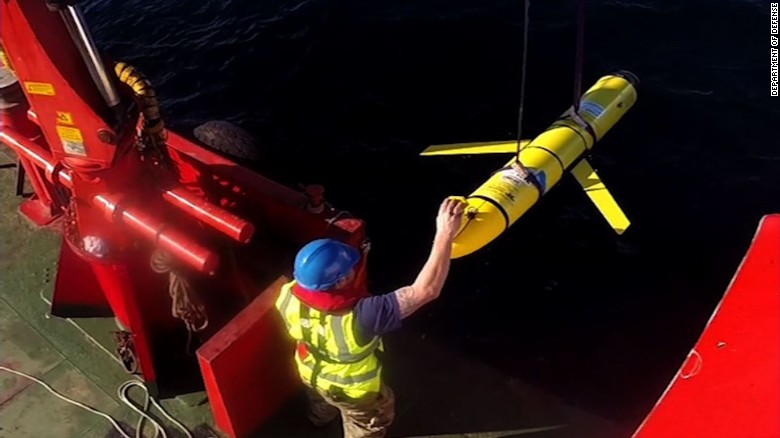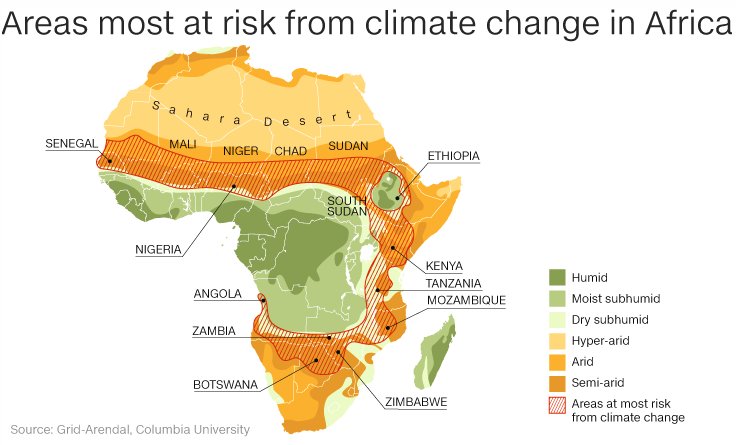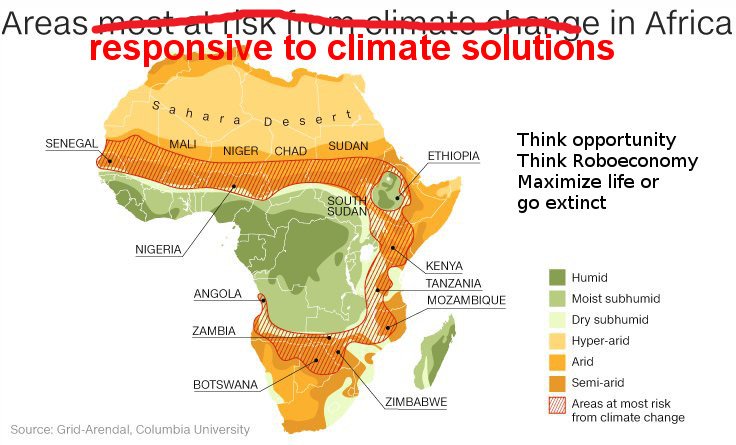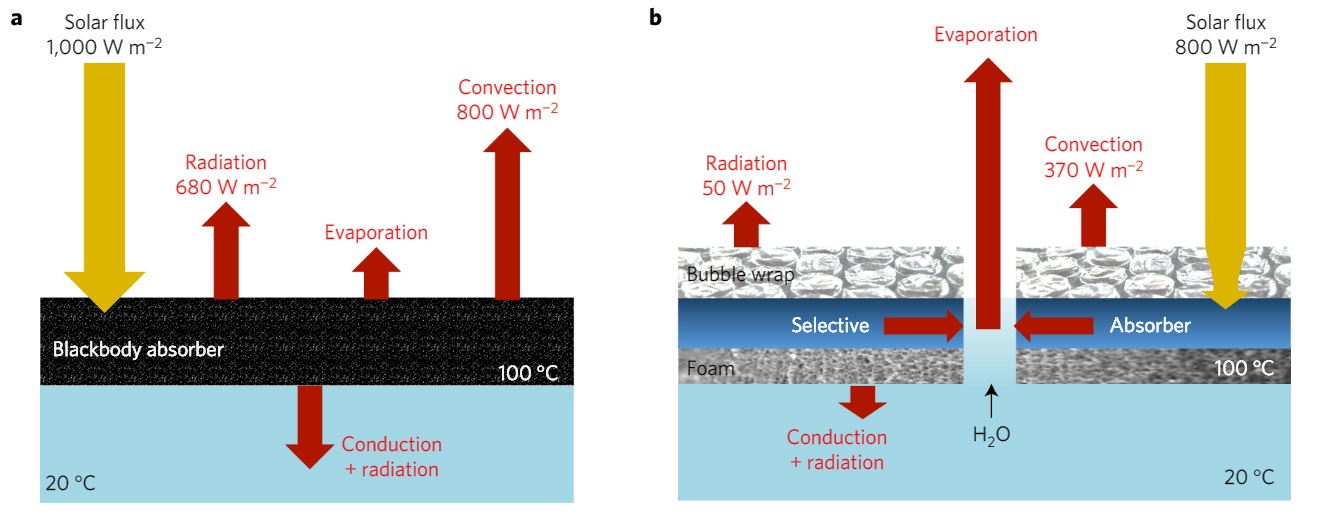The Trump camp clearly does not care about good relations with China. Trump does not yet understand that there is a reason business went to China and there is a reason why it can’t be retrieved by boycotting or antigonizing the country. He doesn’t seem to see the man behind him, military, have a harsh agenda that will be devestating for the USA and China, even though he appoints Mad Dog Mattis, his ‘Patton’ as his defence secretary.
Time out. What is going on? We first have to select a reality we want to make sense in, because there are a few depending on where your moral compas runs out of steam. For some it is the US economy. For others it is world peace, for others it is the survival of our species, and then there is the neocons that want hegemony of the USA.

The drone wars?
We would say that Trumps thoughts don’t extend beyond making sure the US economy thrives. He likes to be popular. He got way to much control, he should be crowned and given a castle, he is showing all the signs of royalty including trying to present his daughter Ivanka as first lady and preparing for a nepotist onslaught in government.
But Mad Dog Mattis’es mind goes beyond that. He wants to protect the US from an invasion of China, the world from Chinese expansion, the US from energy shortages. You would think his moral compas has to do with US sovereignty, and also align with the Neocon agenda.
The Neocons prefer a big war and US coming out on top over some kind of multilateral process. This is why they where so clearly against Iran having nuclear weapons. ‘Bomb, bomb, bomb Iran’ as maverick John McCain sang. This group has been in power since Reagan, in different positions. Clearly they made Clinton their puppet.
I am not even talking about the people that, given they live in remote or unintersting areas themselves, or are financially secure enough to hid quickly in case of trouble, say “There are too many people” “Why not get rid of some chinese?”. We see a resurgence of the concept of utility just like before WOII again. Don’t underestimate the number of people that think your life is not worth saving or protecting.
Meanwhile China is preparing for war with the US, it has done so more than 20 years. 20 years ago I read a piece in a diplomatic magazine ‘Foreign Affairs’ about this. It is not a joke. China is vulnerable. It needs world trade to keep its population from becoming restless. Economic growth has been a stabilizing factor. It has been a way for US bankers and intermediaries to get rich, to escape environmental concerns, it has had benefits for all to produce in China and consume in the US, but now China depends on it.
Is the new world map with China controlling the Pacific fake news, it is at least war propaganda
Then there is an angle you might not expect. The Pentagon wants to act against climate change, it can’t because of a law that prohibits it from doing so. If war broke out with Iran that would cut logistics and emissions seriously. As with a conflict with China it would devestate trade and force the US to rebuild its manufacturing base, all a lot greener. Any war throws a region back to its own resources. With todays technology that would drive an acceleration towards autonomy. At least, if the war was not to devastating.
Global trade and globalization was a way to sell and empower the fossil industry and its brokers and intermediaries, the banks. It is not a logical thing at all for a person in Europe to compete with one in China, only if they both eat from the same fossil fuel trough. Renewables are local and by nature antiglobalist. The people supporting and profiting from the globalists agenda know that if their agenda finally fails (because the environment or fossil fuels is no longer able to support it), they can blend back and evaporate just like bankers after a banking crisis, they can say ‘nobody saw this coming’, ‘I was only doing my job’. This is what makes their high risk games so low risk : opague responsibility.
For one with a moral horizon of protecting the survival of humanity, a war with China and Russia, even a nuclear world war, would be welcome. Not for the loss of life and suffering that would result, but for the hard break on consumption and destruction of resources we see at the moment. If emissions would be halted or seriously reduced now that would be exactly the right time. The need for forcefull reorganization of society is increasing, either because of climate calamities or to prevent them.
We can peacefully dissipate the population and resource problems by working extraeconomically and roboeconomically
Sadly it is nearly impossible to make out the mindset of the Trump team. It is quite clear that Trump is racheting up sentiments for a war with China. It may be just because the US can not wait for China to become more powerfull. It may be just because Trump wants to create US jobs. It may be the Neocon agenda or it may be the spanner thrown into the global emissions wheel we desperately need right now. One thing seems certain. It is happening.







